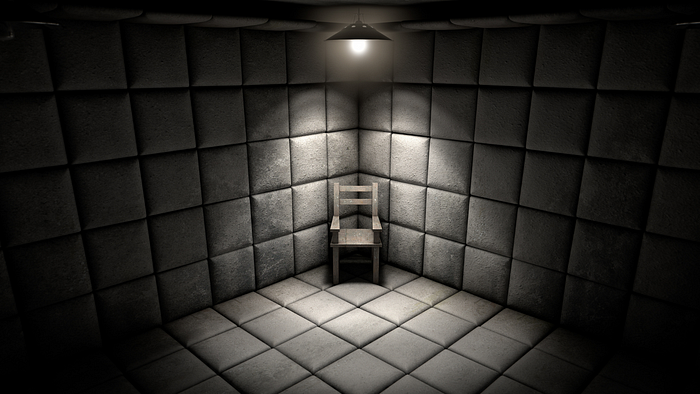Member-only story
On (Not) Escaping Loneliness
Finding the benefits of loneliness in a very lonely world.

Introduction — Ubiquitous Loneliness
I, often, am lonely.
Not alone. Not physically estranged from the world. Lonely. I think there’s a difference between the two.
I live in a small home with my spouse and three children. Yet, sometimes I sit amongst clanging toys and endless spectacles of joyous, animated television, and I feel hopelessly detached from the vigor around me. Occasionally, I will look at my children or my spouse and simply wonder, “Who are these people?”
I live amongst them every day. We share shelter, food, and moments of unmitigated life. Yet, even in the most connected of experiences, there is a palpable disconnection.
Is loneliness an unavoidable reality of being alive?
Is my meager confession more normal than I presume?
I hope so. Feeling lonely is often made out to be that we are excluded; as if our sense of loneliness disbars us from what seems so great. Something must be wrong with us. Already, I may have cast myself into criticism or pity. I’m banking on the premise that the experience of loneliness is common. However, a cultural stigma pervades; one that is difficult to break.
The prevailing assumption appears to be that loneliness is an ailment for introverts. If you are lonely, your poor social skills are to blame for your disconnection. Or, you’re simply lazy. No respectable person should be lonely. And if you are, you must overcome your faults.
Hence, the stigmatized taboo leads to a negative insinuation. The internal conversations with ourselves become that everyone else seems so normal. We must, therefore, work harder and, certainly, not admit to the verdict of loneliness.
Can one’s own introverted tendency or antisocial behavior contribute to their loneliness? Certainly. Can being physically alone exponentially incur the experience? Absolutely. However, please consider how the reality might be more pervasive than our culture admits and how loneliness and physical isolation from other bodies might be different.
